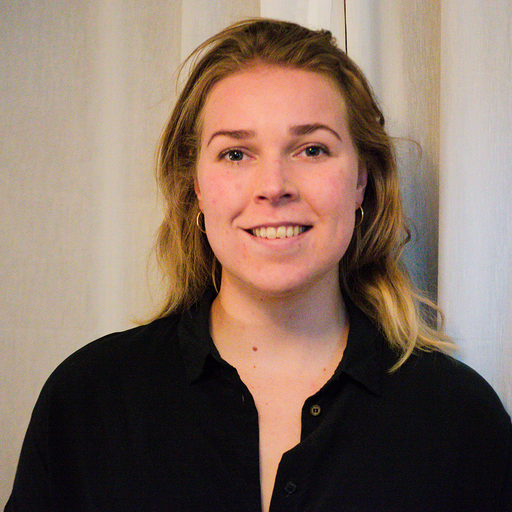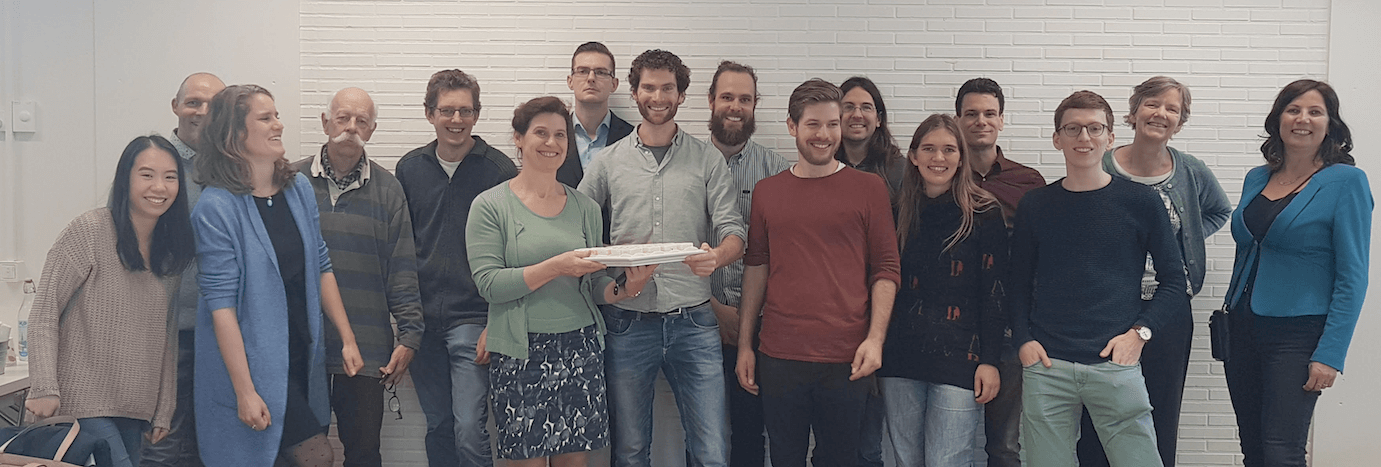
by Kristie Goorden
Grasple Content Team
TU Delft is one of the first institutions to have shared their own material on Grasple.
- What motivated them to make their exercises openly accessible?
- How did they arrange the process?
- What does the decision to share their content mean for them and the Grasple community?
The Motivation
The main reason for TU Delft to publicize their exercises is their enthusiasm for what is called open education, a system in which educational resources can be both used and improved by educators all over the world. Annoesjka Cabo, Director of Studies of the inter-faculty math education at TU Delft said: “Our vision at TU Delft is to ‘educate the world’. That is also possible by releasing large collections of open exercises. It can increase opportunities and equity for both students and teachers all around the world.” But their mission is not the only driver for the university. Sharing materials with colleagues from other institutions allows them to review and build on each other's work. Annoesjka added: “By sharing and reusing materials, the quality and, thus, the experience for students improves."
TU Delft uses Grasple as an extra training tool for students in various mathematics courses in many of their faculties. Course topics include - among others - calculus, probability and statistics, and linear algebra. Their collection of linear algebra exercises was added to Grasple’s community content, so that it is now accessible to everyone, for free.
"Releasing large collections of open exercises can increase opportunities and equity for both students and teachers all around the world." - Annoesjka Cabo, Director of Studies of the inter-faculty math education at TU Delft
The Proccess
Grasple was selected as the TU’s standard math training tool after a try-out in 2018. From the very beginning, our mission has been to help open education enter the world, a goal which is fundamental to our design philosophy and business model. This element was key in the university’s decision to go with Grasple. “Grasple contributes to our mission to make an impact for a better society, and aligns with our core values, meaning we wholeheartedly support Open Education,” Annoesjka explains.
After a short period of internal usage only, the TU invoked a team to set up a complete collection of their linear algebra exercises to be added to Grasple’s open-access content. This in-house team consisted of three of the university’s lecturers, each supported by a group of student assistants, all coordinated by Ilse Bakker, staff member of the Programme of Innovation In Mathematics Education (PRIME) at TU Delft. The team determined the required contents of their material beforehand. Ilse explained: “We have tried to create a comprehensive collection of exercises for typical topics in a linear algebra course.” To realize this envisioned collection, the lecturers came together under the coordination of Ilse for twelve weeks. Every team member spent approximately six hours per week creating and reviewing exercises. Some of the exercises were recycled from older OpenCourseWare exercises, but the majority were created from scratch. “If other lecturers and students think the exercises are useful, that would be a wonderful additional benefit”, says one of the lecturers. “Hopefully, it will stimulate others to reuse or review the exercises, or create additional repositories and make those open as well.”

The TU Delft and Grasple team celebrating open education
After being finished and reviewed, the exercises were released under Creative Commons-license type CC-BY-NC-SA. This means that others are allowed to freely share and adapt the materials, as long as they give appropriate credit, share them under the same license type and do not use the material for commercial ends. These (and more) properties can be selected as desired within the Creative Commons license. Good to know: Grasple allows you to select any license you like, including other Creative Commons licenses like CC-BY, CC-SA, CC-BY-NC (You can find more information about these on the Creative Commons website) or licenses such as GNU FDL.
The release of TU Delft’s linear algebra collection sparked a collaboration that fits right into the philosophy of open education: University of Twente, another technological university in the Netherlands, started using the exercises when they joined Grasple in 2020. At the moment, the two institutions are working together on the creation of new materials.
Today, students and teachers all over the world have access to high quality linear algebra material in Grasple. That does not mean the project has come to an end. Anyone who uses the material is free to suggest changes to it or adapt it for their own usage: an ever-evolving piece of work, only getting better over time.
Want to know how your institution can contribute to open education?
Click here to learn more →




